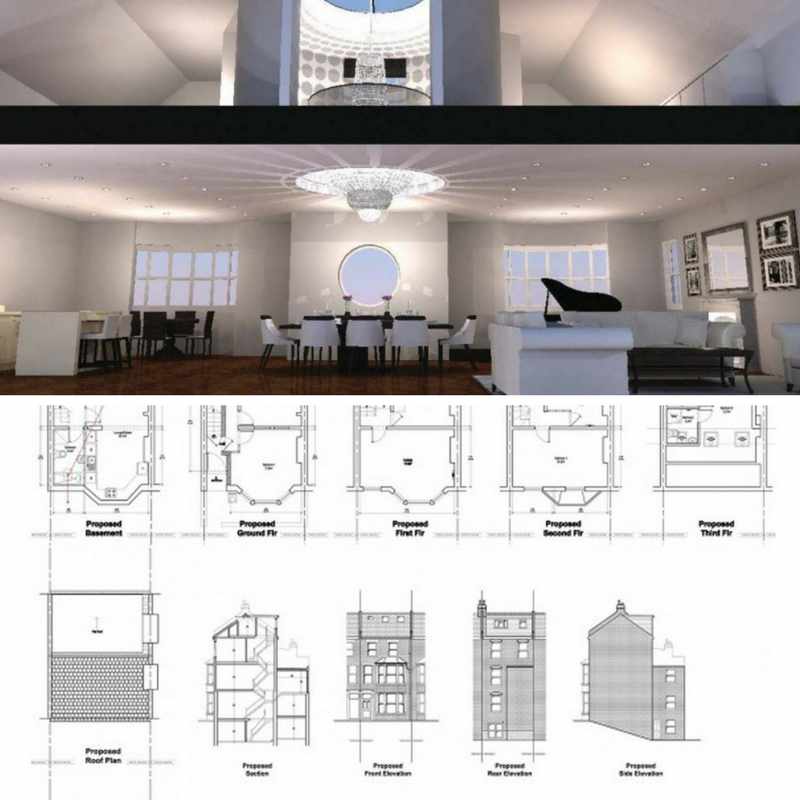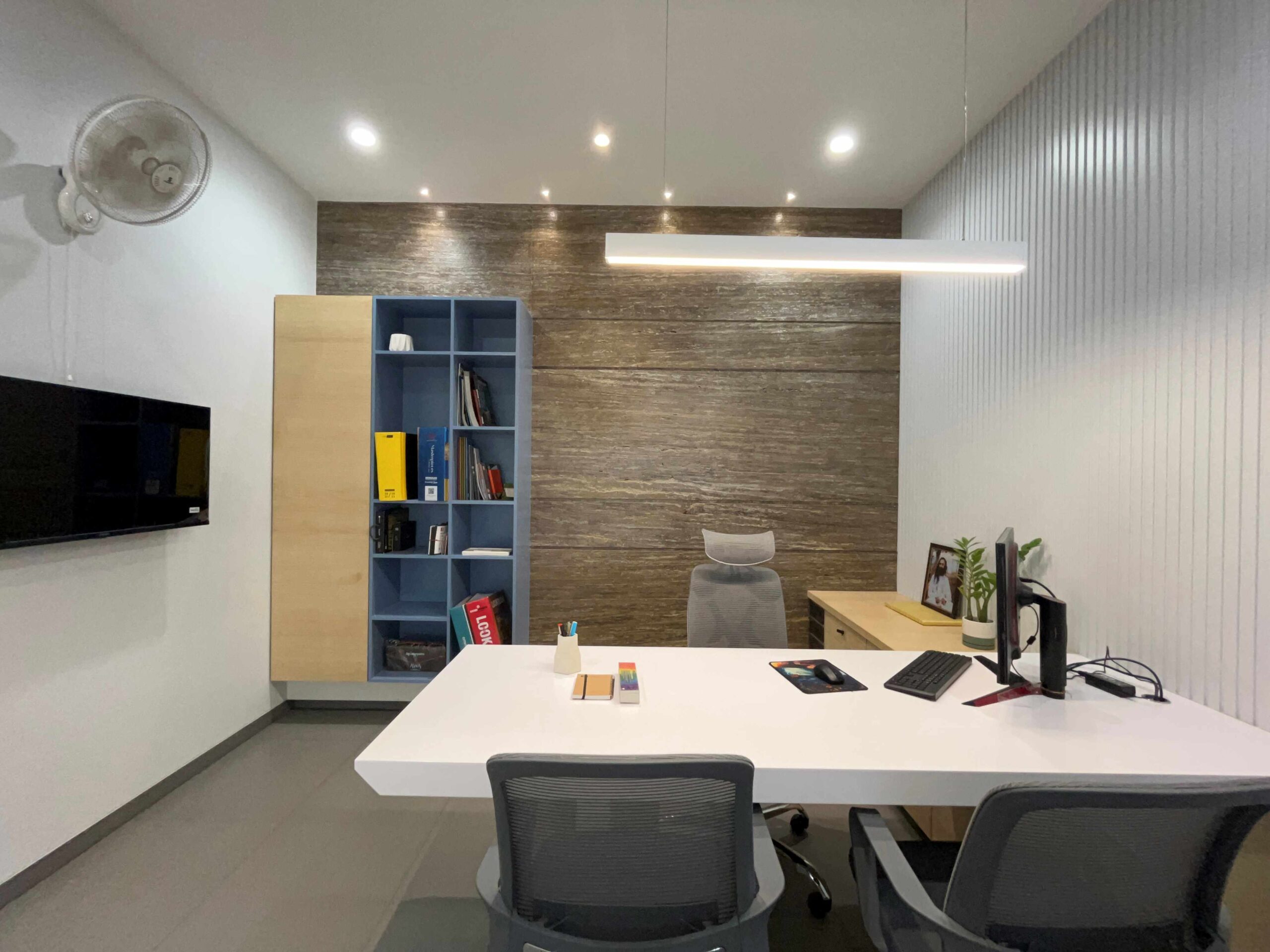Interior Styling Near Me: Create the Perfect Ambiance for Your Home
Interior Styling Near Me: Create the Perfect Ambiance for Your Home
Blog Article
The Art of Balance: How Interior Design and Home Engineer Collaborate for Stunning Outcomes
In the world of home layout, striking a balance between aesthetics and functionality is no small task. This fragile stability is attained with the unified partnership between interior designers and engineers, each bringing their one-of-a-kind competence to the table. Remain with us as we explore the intricacies of this joint procedure and its transformative effect on home design.
Understanding the Core Distinctions In Between Interior Layout and Home Style
While both Interior Design and home design play important roles in developing visually pleasing and functional rooms, they are naturally different techniques. Home design primarily concentrates on the structural aspects of the home, such as constructing codes, safety regulations, and the physical building and construction of the space. It manages the 'bones' of the framework, dealing with spatial measurements, load-bearing walls, and roof covering styles. On the various other hand, Interior Design is extra concerned with boosting the visual and sensory experience within that structure. It entails selecting and preparing furniture, picking color systems, and incorporating attractive elements. While they operate in tandem, their roles, duties, and areas of experience split significantly in the development of a harmonious home setting.
The Synergy Between Home Design and Inside Layout
The synergy between home design and Interior Design hinges on a common vision of layout and the enhancement of functional visual appeals. When these two areas straighten sympathetically, they can change a space from regular to phenomenal. This cooperation requires a deeper understanding of each discipline's principles and the ability to create a cohesive, aesthetically pleasing environment.
Unifying Style Vision
Merging the vision for home style and interior layout can develop an unified living space that is both useful and visually pleasing. It advertises a synergistic approach where architectural elements enhance interior style components and vice versa. Therefore, unifying the design vision is vital in blending style and interior style for stunning results.
Enhancing Useful Appearances
Exactly how does the harmony between home design and Interior Design improve useful aesthetic appeals? This harmony allows the production of spaces that are not just aesthetically appealing however additionally conveniently useful. Architects lay the groundwork with their architectural design, making sure that the room is reliable and practical. The interior designer after that enhances this with carefully selected aspects that boost the visual appeals without jeopardizing the capability. This unified collaboration can cause homes that are both attractive and liveable. As an example, an architect might develop a home with high ceilings and huge home windows. The indoor developer can then highlight these functions with high plants and large drapes, respectively, therefore improving the visual charm while preserving the functional benefits of natural light and spaciousness.
Value of Partnership in Creating Balanced Spaces
The collaboration in between interior developers and architects is pivotal in developing balanced rooms. It brings harmony in between style and style, bring to life spaces that are not just aesthetically pleasing however also useful. Exploring effective collaborative strategies can offer understandings into just how this synergy can be successfully achieved.
Integrating Design and Style
Balance, a crucial element of both Interior Design and design, can only genuinely be achieved when these two areas operate in consistency. This harmony is not simply a visual factor to consider; it influences the performance, resilience, and eventually, the livability of an area. Interior architects and developers have to understand each other's duties, respect their proficiency, and next page interact effectively. They should think about the interaction of architectural elements with decor, the flow of areas, and the influence of light and shade. This joint process results in a natural, well balanced design where every component has a function and adds to the total visual. For that reason, balancing style and style is not nearly developing beautiful spaces, but about crafting spaces that work effortlessly for their residents.
Successful Joint Techniques

Case Researches: Successful Combination of Layout and Architecture
Analyzing numerous instance studies, it ends up being noticeable how the successful combination of indoor design and design can change a room. Engineer Philip Johnson and interior designer Mies van der Rohe collaborated to produce an unified equilibrium in between the framework and the inside, resulting in a seamless flow from the exterior landscape to the inner living quarters. These situation researches underscore the extensive effect of a successful style and design cooperation.

Conquering Obstacles in Style and Design Cooperation
Regardless of the indisputable benefits of an effective cooperation between Interior Design and style, it is not without its challenges. Interaction problems can arise, as both parties may make use of various terms, understandings, and strategies in their work. This can lead to misunderstandings and delays in task completion. An additional major obstacle is the balancing act of visual appeals and capability. Architects might focus on structural stability and safety and security, while designers concentrate on convenience and style. The combination read here of these purposes can be complex. Furthermore, spending plan and timeline constraints commonly include pressure, potentially triggering breaks in the collaboration. Effective communication, shared understanding, and concession are crucial to conquer these difficulties and accomplish a unified and effective collaboration.

Future Trends: The Progressing Relationship In Between Home Architects and Inside Designers
As the world of home layout remains to progress, so does the relationship between engineers and interior designers. The fad leans towards a much more collective and incorporated approach, breaking devoid of traditional functions. Engineers are no more entirely concentrated on structural stability, however additionally participate in improving visual allure - Winchester architect. Conversely, interior designers are accepting technological facets, influencing overall design and performance. This advancing symbiosis is driven by developments in modern technology and the growing need for rooms that are not just visually pleasing but likewise functional and lasting. The future assures a more natural, innovative, and adaptive approach to home design, as designers and architects remain to blur the lines, fostering a relationship that truly embodies the art of balance.
Final thought
The art of balance in home design is attained with Going Here the harmonious collaboration in between interior designers and engineers. An understanding of each other's disciplines, reliable communication, and shared vision are essential in creating aesthetically spectacular, functional, and welcoming areas. Despite difficulties, this partnership cultivates growth and innovation in style. As the relationship in between home designers and indoor designers advances, it will certainly continue to form future trends, boosting comfort, performance, and personal expression in our living rooms.
While both indoor style and home style play important duties in creating visually pleasing and useful spaces, they are naturally various disciplines.The harmony between home style and interior style exists in a common vision of design and the enhancement of useful appearances.Unifying the vision for home design and indoor layout can create a harmonious living area that is both useful and aesthetically pleasing. Thus, unifying the style vision is critical in blending architecture and interior style for magnificent outcomes.
How does the synergy between home design and indoor layout boost functional aesthetic appeals? (Winchester architect)
Report this page